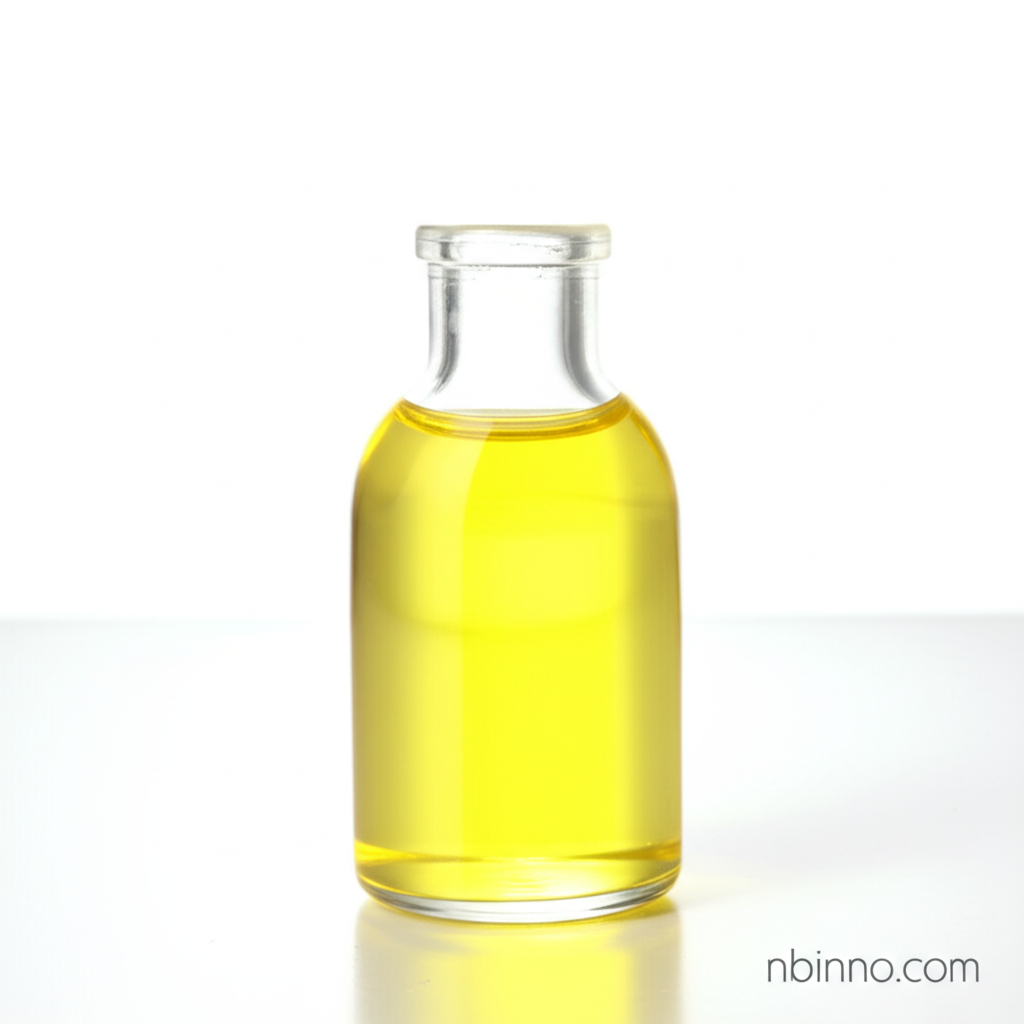Linoleic Acid: Properties, Applications, and Health Benefits
Discover the essential role of Linoleic Acid in nutrition, industry, and skincare.
Get a Quote & SampleProduct Core Value

Linoleic Acid
Linoleic acid is a vital polyunsaturated omega-6 fatty acid, crucial for numerous biological functions and industrial applications. Its unique chemical structure and properties make it a valuable compound in various sectors.
- Understanding the essential fatty acid nutrition of linoleic acid is key to a balanced diet.
- Exploring the diverse linoleic acid applications reveals its utility across multiple industries.
- The benefits of linoleic acid for skin health are increasingly recognized in cosmetic formulations.
- For businesses seeking a reliable chemical intermediate, linoleic acid purity 99% is a standard to aim for.
Product Advantages
Nutritional Essentiality
As an essential fatty acid, linoleic acid cannot be synthesized by the human body, making its dietary intake critical for overall health and metabolic processes. It serves as a building block for other important fatty acids.
Industrial Versatility
The chemical synthesis of linoleic acid supports its use in industrial applications, particularly in the creation of quick-drying oils for paints and varnishes, leveraging its reactive double bonds for film formation.
Skincare Benefits
The linoleic acid skincare properties, such as its anti-inflammatory and barrier-repairing capabilities, make it a sought-after ingredient in cosmetic and dermatological products for improving skin health and appearance.
Key Applications
Nutritional Supplements
Linoleic acid is widely used in dietary supplements to ensure adequate intake of this essential omega-6 fatty acid, supporting cardiovascular health and general well-being.
Cosmetics and Personal Care
Its beneficial properties for the skin, including moisturizing and anti-inflammatory effects, make linoleic acid a key ingredient in various skincare formulations.
Industrial Coatings
Leveraging its polyunsaturated nature, linoleic acid is a component in oil-based paints and varnishes, contributing to their drying and film-forming characteristics.
Organic Synthesis
As a versatile chemical intermediate, linoleic acid serves as a starting material or reagent in the synthesis of various organic compounds.
